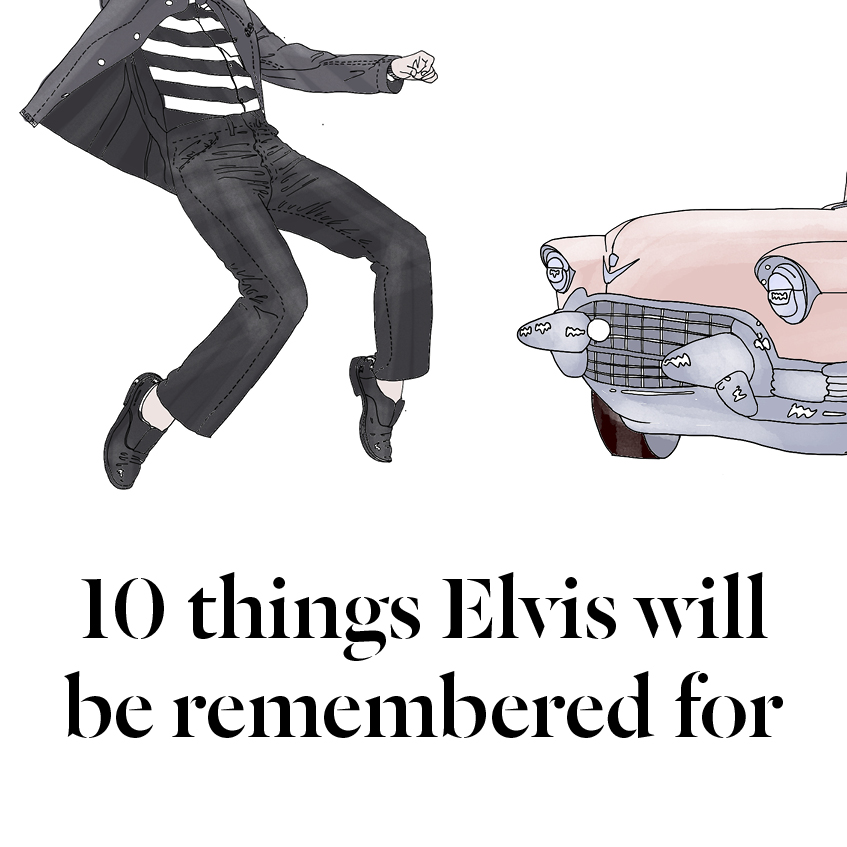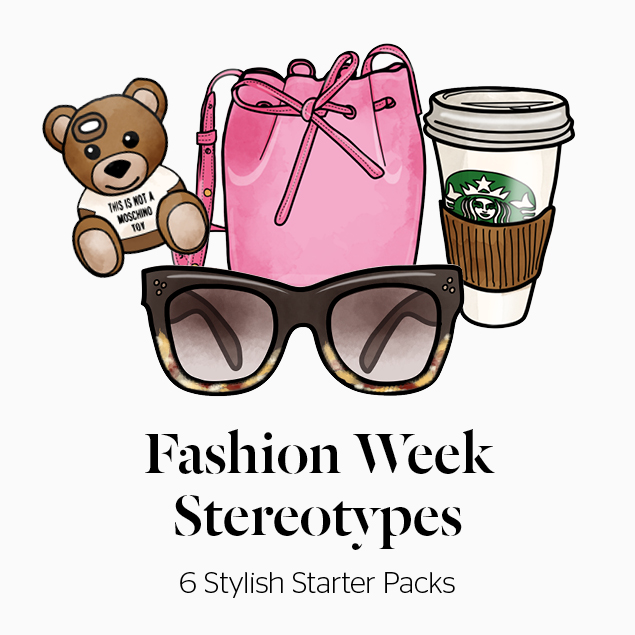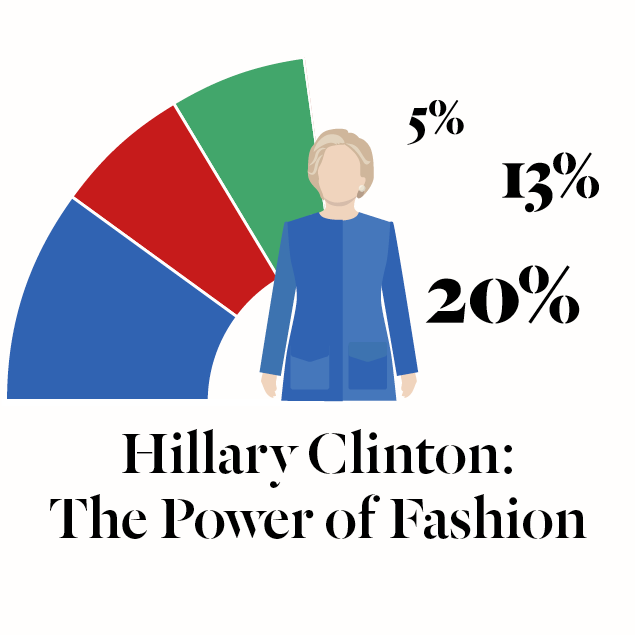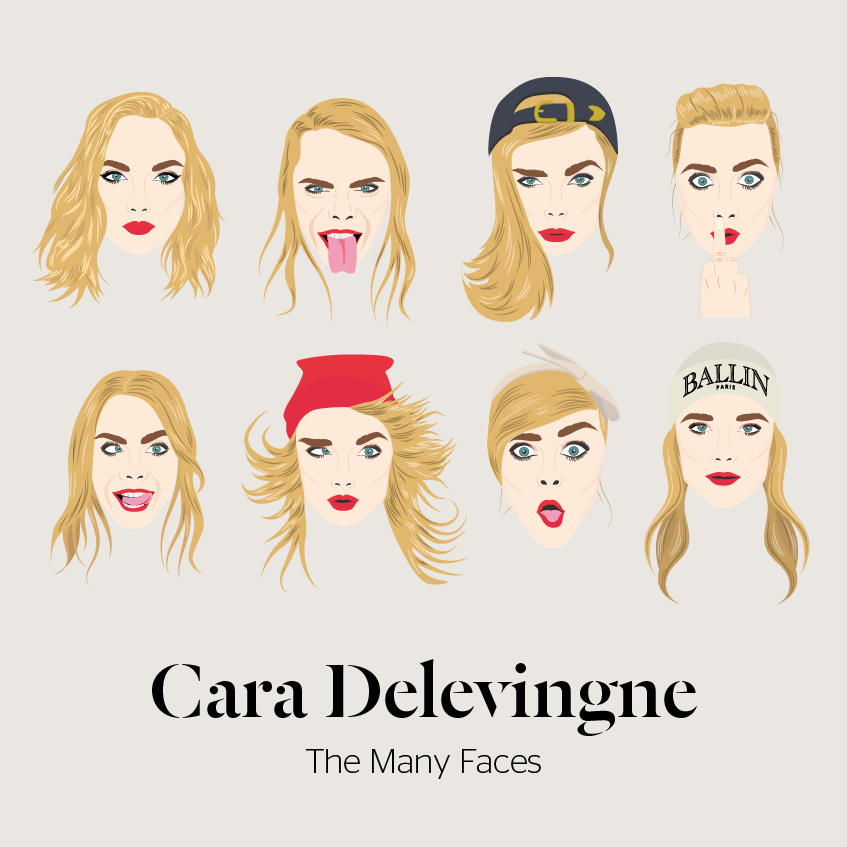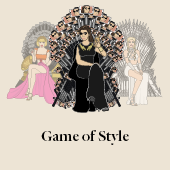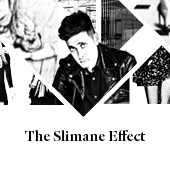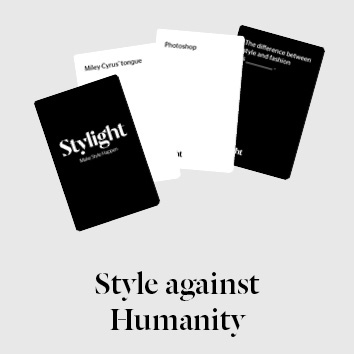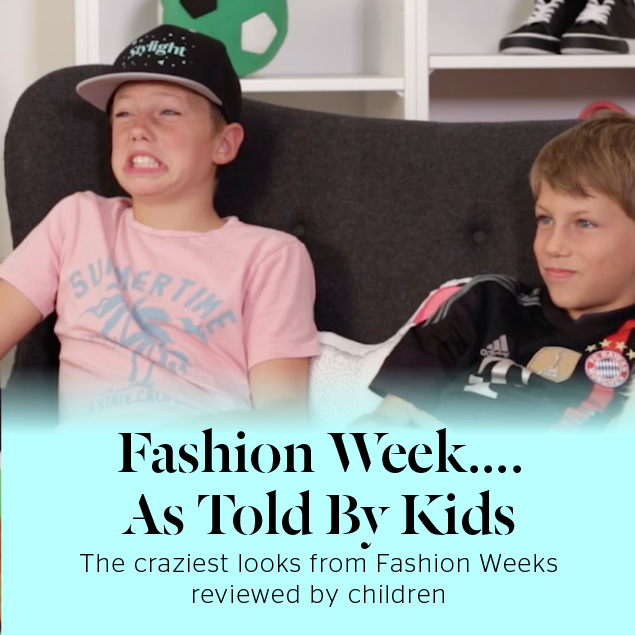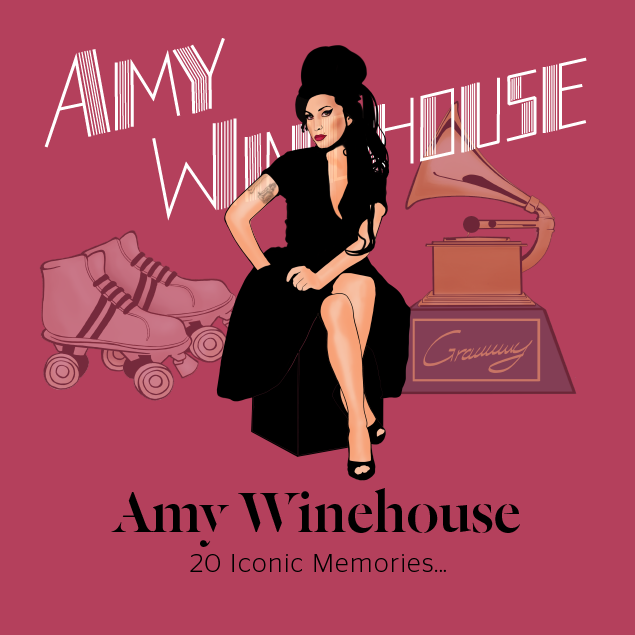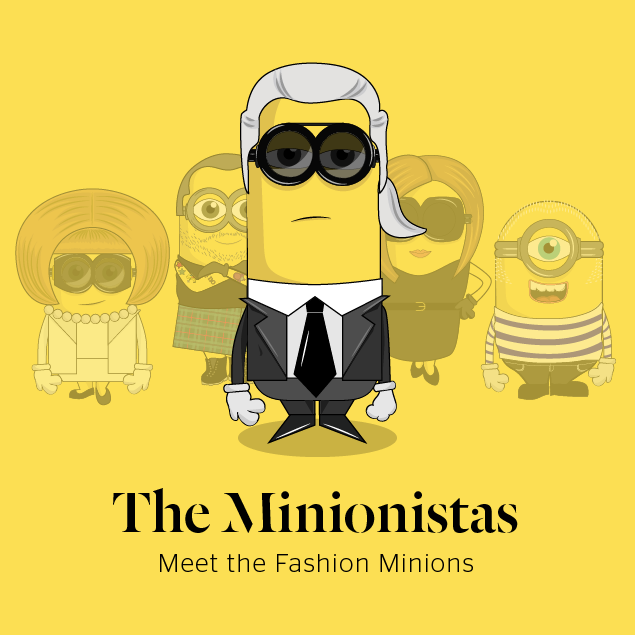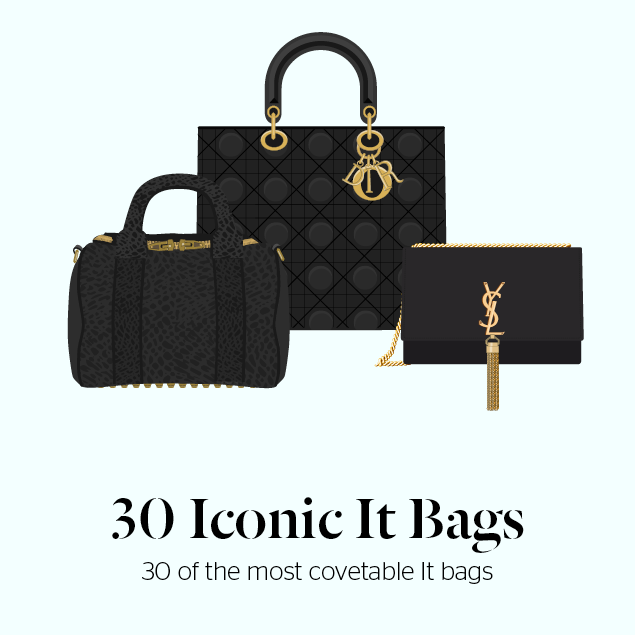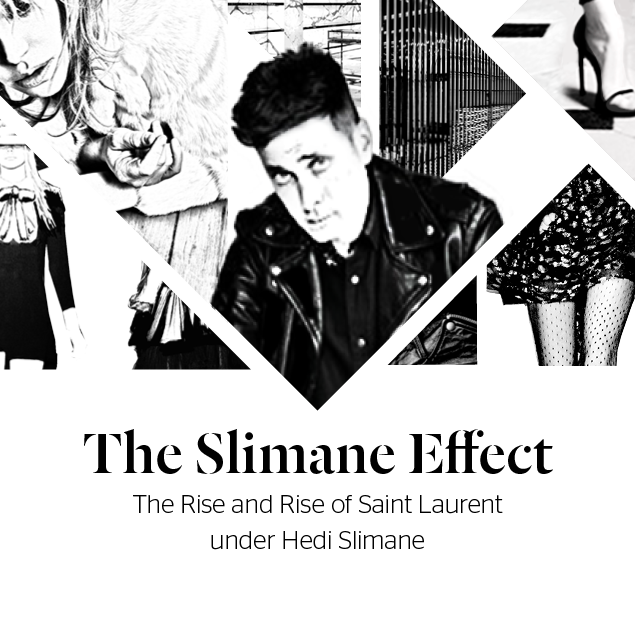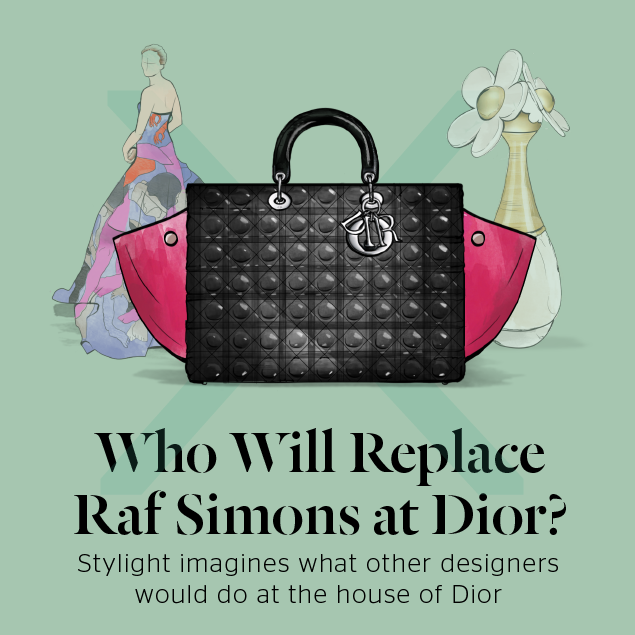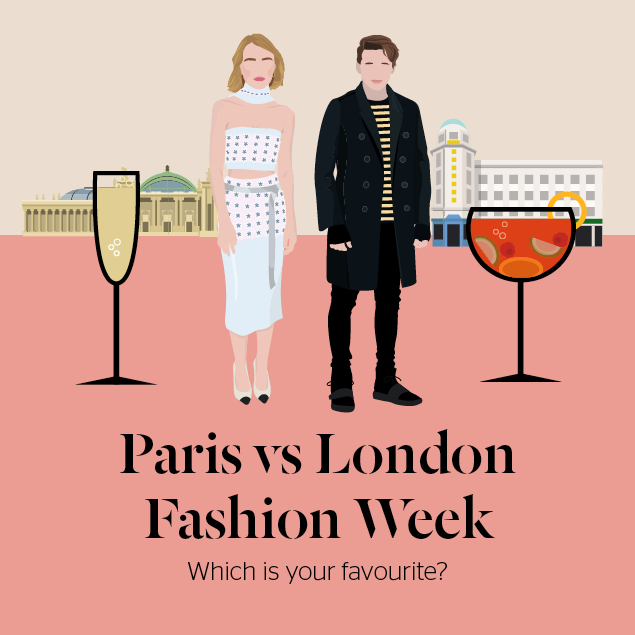The Slimane Effect
The Rise and Rise of Saint Laurent Under Hedi Slimane
Earlier this year, rumours erupted throughout the fashion world that Hedi Slimane, the Parisian Creative Director of Saint Laurent, would be leaving the label over a contract dispute. This came after a particularly turbulent time for luxury fashion as the other three key French fashion houses (Balenciaga, Dior and Lanvin) all lost their creative directors (Alexander Wang, Raf Simons and Alber Elbaz respectively) within the space of six months. And today, on April 1st 2016 (and no it's not an April Fools!) it has been confirmed that the iconic designer will be leaving the French fashion house that he worked so hard to transform.
In an homage to this epic new identity he built for Saint Laurent, we look back at the key milestones that led Slimane to revolutionise it from a flailing brand into one of fashion’s biggest success stories.


Hedi Slimane undoubtedly revitalised Saint Laurent; transforming it into a brand synonymous with edgy it-girls and rock & roll. He made his mark by being one of the first luxury fashion houses to design wearable, identifiable clothes (albeit with a hefty price tag).
In addition to this, he managed to turn the brand into a commercial powerhouse, quite a feat in a tough post recession climate when many competitors were famously struggling. So what steps did he take to create this aspirational fashion ‘unicorn’?
2012
2012 was unquestionably a landmark year for both Hedi Slimane and Saint Laurent. In February of this year it was announced that former Yves Saint Laurent creative director Stefano Pilati (who had held this position since 2004) would be leaving. This came after years of rumours that Pilati would be leaving due to an unamicable divide between himself and YSL executive Pierre Berge. Although Pilati had made the brand commercially successful and was responsible for some of it’s most iconic best-sellers including the Tribute shoes, it was widely known that Berge and Pilati never quite saw eye to eye.
Shortly afterwards it was announced that Hedi Slimane would take over the reigns and by June it was clear that Slimane would drastically change this iconic French brand after he decided to move the entire design studio from Paris to Los Angeles and most famously, remove ‘Yves’ from the brand name. This name change caused a massive amount of controversy and spawned the creation of the now infamous ‘Ain’t Laurent Without Yves’ parody t-shirts which led Slimane to sever ties with luxury Parisian boutique Colette towards the end of 2013. September 2012 saw Slimane release the first campaign imagery for the ‘new’ Saint Laurent. Cast and photographed by Hedi himself, the campaign featured singer Christopher Owens seductively shot in black and white, the styling played to a rock and roll aesthetic and marked a major departure from Saint Laurent’s previous glossy, glamorous advertising.
In October Slimane showed his first collection for the brand at Paris Fashion Week featuring his distinctive skinny silhouette with 70’s rock n roll influence - he was already presenting his trademark brand of cool...
2013-2014
It was during 2013-2014 that Slimane really cemented his new aesthetic on Saint Laurent. The February show comprised of effortlessly hip biker jackets, leopard print, ripped tights, oversized black cardigans, mini skirts, structured mens jackets and lashings of cool. This California grunge vibe remains a hallmark of Slimane at Saint Laurent.
It was also in this period that he launched the Saint Laurent Music Project, a series of black and white images of rockstars including Courtney Love and Marilyn Manson - of which Slimane had complete creative control over. He also went on to redesign a number of Saint Laurent stores (Paris, Milan and London) to reflect the new direction for the brand: industrial, minimalist and monochromatic.
2015
By 2015, Kering (the French holding company of Saint Laurent and numerous other luxury brands) was announcing staggering performance figures for the label. In April it disclosed that sales were up 21% YoY in Q1 2015, with 66% of this is attributed to accessories and 24% to ready-to-wear clothing. And by October, they were reporting further sales increases of 37% with the strongest quarter for retail to date (up 32%).
These phenomenal sales figures proved how the influence of Hedi’s vision for Saint Laurent truly paid off. Shoppers were heavily buying into his cool girl aesthetic and his $5,000 prairie dresses and $6,000 leather jackets were flying off the shelves; he had scored legions of adoring fans who all wanted to look like a Slimane/Saint Laurent girl.
July of this year also saw Hedi announce that he would be bringing back coture to the house, a first in thirteen years.
2016 and beyond
At the start of 2016, Saint Laurent announced that it would debut its Fall collection in Slimane’s current hometown of Los Angeles ahead of Paris Fashion Week. At the same time, rumours of a contract dispute surfaced and the rumour mill was abuzz with hearsay that he’d be leaving the company, with many speculating that Belgian designer Anthony Vaccarello was poised to take over his role. And on April 1st it was confirmed that he'd be leaving the label. So the question on everyone’s lips is… where will he go next?
Which brand would you like to see Hedi Slimane design for?
(Sources: Kering, Business of Fashion, Vogue, Racked, Fashionista)
